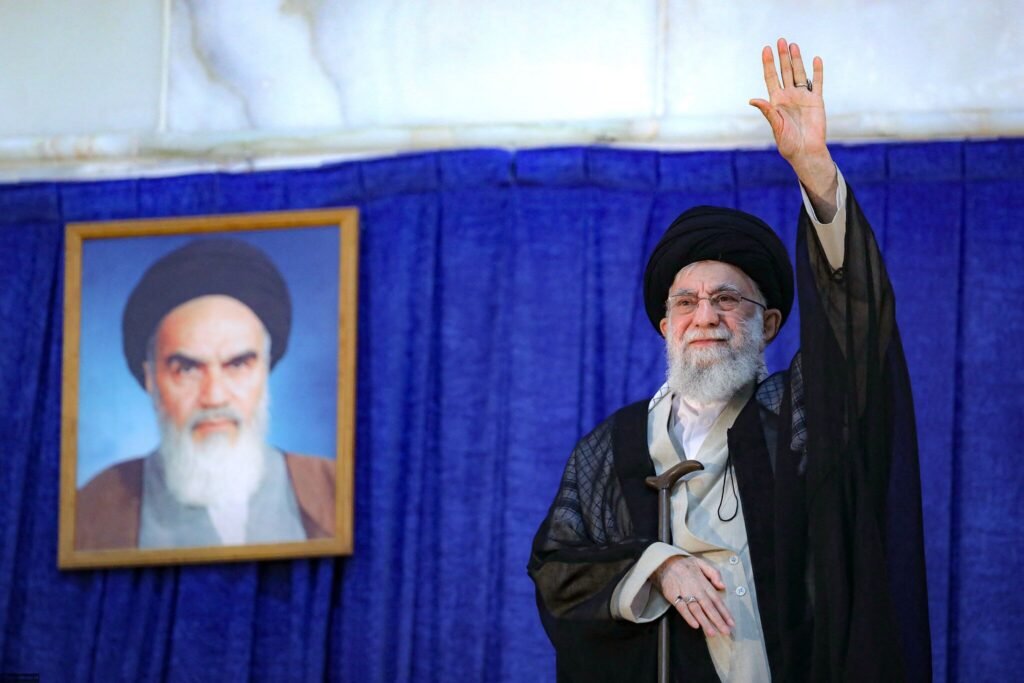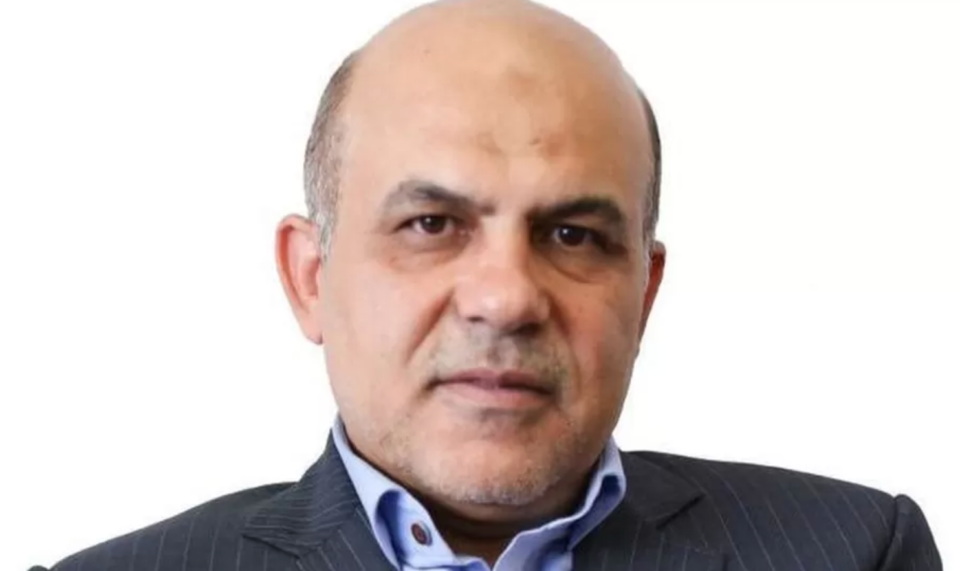Despite international pressure not to carry out the death sentence, Iran claimed on Saturday that it had executed a former senior officer in the defense ministry who was also a dual citizen of Iran and the United Kingdom.
As the Islamic Republic was being rocked by widespread anti-government rallies, the execution heightened tensions with the West.
The execution of Ali Reza Akbari, a close associate of senior security official Ali Shamkhani, raises the possibility of an ongoing power struggle within the Iranian theocracy as it attempts to control protests following the killing of Mahsa Amini in September. It also reminded them of the widespread military purges that took place right after Iran’s Islamic Revolution in 1979.
London, which, along with the US and other countries, has sanctioned Iran over the protests and its supplying Russia with the bomb-carrying drones presently striking Ukraine, reacted angrily to Akbari’s execution right away.
British Prime Minister Rishi Sunak spoke to the crime as “a callous and cowardly act, carried out by a savage administration with no respect for the human rights of their own people.”
James Cleverly, the foreign secretary, called the Iranian chargé d’affaires in the UK and privately stated: “This will not remain unchecked.”

After the execution, Iran similarly summoned the British ambassador.
The hanging of Akbari was reported by Iran’s judiciary-affiliated Mizan news agency without a time stamp. There were, however, claims that he had already been put to death.
However, Iran has traditionally accused those who travel abroad or have contacts to the West of spying, frequently using them as negotiating chips.

Has Iran’s aggressive crackdown damaged its chances of a nuclear agreement?
Iran: New conjecture about Ayatollah Khamenei’s successor is sparked by his health difficulties
Who will stand up for us? Iran protest movement receives a surge of Western support




